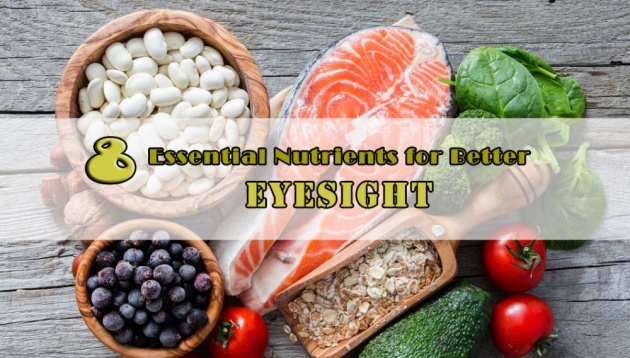
Image Credit: http://goodvisionforlife.com.au/ / Edited with Photoshop
Out of the 5 senses, our eyesight is probably the most important. For some reason, I tried to imagine my life without eyesight and, I must say, it was not a pretty thought. So, it's really important to take care of our eyes. Eye health is greatly affected by our overall health--which is why it is important to keep a healthy diet as certain nutrients from what we eat can directly affect the health of our eyes.
Listed below are 8 nutrients that are essential for maintaining eye health and reducing our risk of developing age-related eye conditions.
◎ Vitamin A ◎
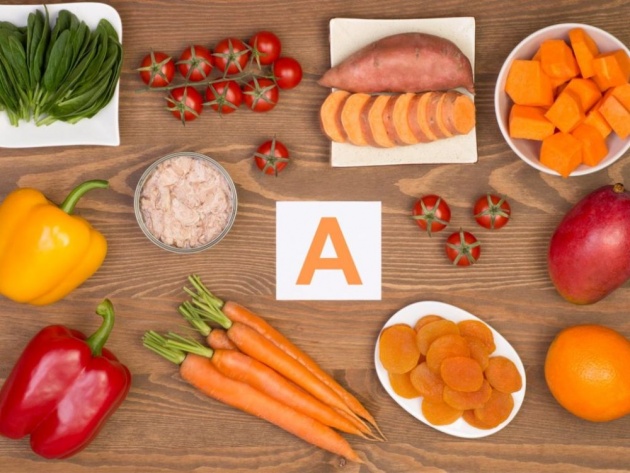
Image Credit: https://www.drweil.com/
Vitamin A is a vital nutrient in keeping healthy photoreceptors, the light-sensing cells of the eyes. Vitamin A deficiency is a serious condition as it can lead to night blindness, dry eyes, or other serious eye conditions. In more severe cases, it may even lead to total blindness. In fact, it is one of the leading causes of blindness worldwide.
Vitamin A can only be obtained from foods that are derived from animals. The richest sources of this vitamin include egg yolks, liver, and dairy products. But, that doesn't mean you can't get some if you're vegan.
Certain types of fruits and vegetables are rich in provitamin A carotenoids. These are antioxidant plant compounds that when consumed transforms into vitamin A. Beta-carotene is the most known and efficient type of provitamin A carotenoid which is found in high amounts in vegetables like carrots, kale, and spinach.
◎ Omega-3 Fatty Acids ◎
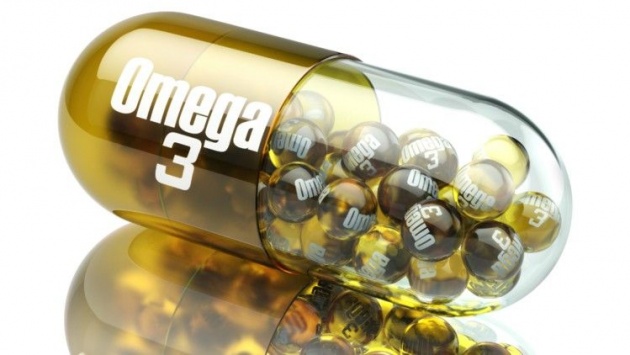
Image Credit: https://www.nutraingredients-usa.com/
Eicosapentaenoic acid (ECA) and docosahexaenoic acid (DHA) are two types of omega-3 fatty acid that are essential for better eye health. DHA is important in maintaining eye function and are found in high amounts in the retina, which is why DHA deficiency may impair your vision. This is especially true for children as it helps the development of the brain and eyes during infancy.
A study conducted on people with dry eyes has shown significant improvement upon regularly taking EPA and DHA supplements for 3 months. Dry eye is a disease that occurs when the eyes don't form adequate tear fluid, which leads to discomfort and visual problems as the eyes become excessively dry. Aside from that, omega-3 fatty acids may also help prevent other serious eye conditions. In another study conducted on middle-aged and elderly individuals with diabetes, it was found out that consumption of least 500 mg of long-chain omega-3 fatty acids on a daily basis may help reduce the risk of diabetic retinopathy. However, it's important to note that omega-3 fatty acids cannot effectively treat age-related macular degeneration.
Fatty fish like salmon and mackerel are the best sources of omega-3 fatty acids, so it would be best if you can incorporate them into your diet. There are also omega-3 fatty acid supplements you can take if you don't like eating fish.
◎ Gamma-Linolenic Acid ◎
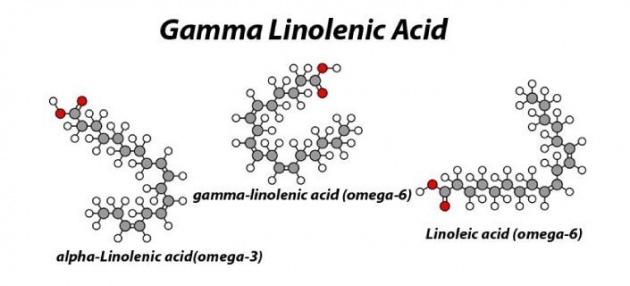
Image Credit: https://www.consumerhealthdigest.com/
Gamma-linolenic acid is a form of omega-6 fatty acid that is found in small amounts in the diet. There are many other omega-6 fatty acids but gamma-linolenic acid is special as it contains anti-inflammatory properties. Primrose oil and starflower oil contain the most gamma-linolenic acid. Some studies even suggest that evening primrose oil may help reduce the symptoms of dry eye disease.
◎ Lutein and Zeaxanthin ◎
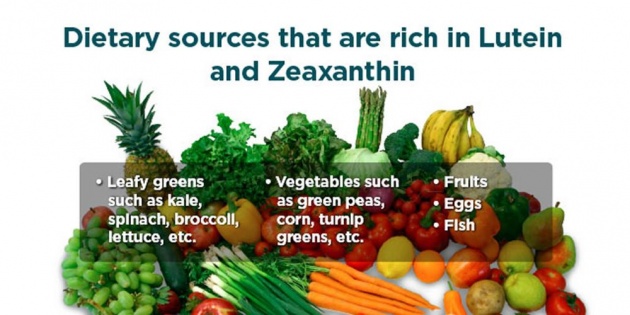
Image Credit: https://healthjade.com/
Lutein is a oxygenated carotenoid found naturally in vegetables and fruits 1). Lutein is synthesized only by plants and like other xanthophylls, is found in high quantities in green leafy vegetables such as spinach, kale and yellow carrots
Source: https://healthjade.com/
Lutein and zeaxanthin are yellow carotenoid antioxidants found in concentration in the macula, the central part of the retina. This is why they are also known as macula pigments. They also act as a natural sunblock that helps protect the eyes from harmful blue lights. It was shown in one observational study in both middle-aged and elderly people that daily consumption of 6 mg of lutein and zeaxanthin significantly reduced their risk of age-related macular degeneration.
In fact, the ones who had the highest intake had a 43% lower risk of this eye condition than those who had the lowest intake as some researchers have found out. However, not all experts agree on this as some studies also suggest that lutein and zeaxanthin may only help protect you against the later stages of age-related macular degeneration but does nothing much to stop the early development of the disease. But, other observational studies also suggest that these carotenoids may also help reduce the risk of cataracts. Either way, whatever these studies say, there's no harm in eating more foods that contain lutein and zeaxanthin. Leafy greens contain the most lutein and zeaxanthin but other food sources like egg yolks, red grapes, and sweet corn are also rich in these carotenoids.
Do make sure to add avocado or healthy oils in your leafy green salad since carotenoids are better absorbed by the body when taken with healthy fats.
◎ Vitamin C ◎
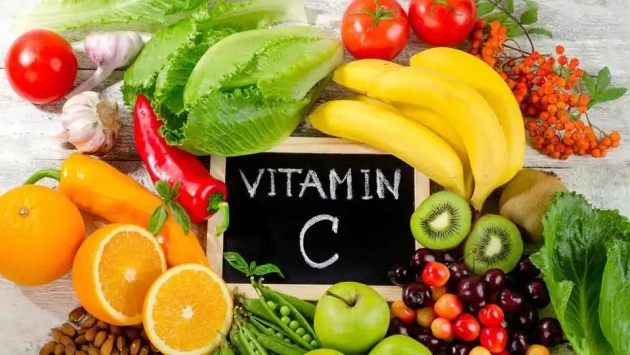
Image credit: https://www.hindustantimes.com/
Vitamin C, also known as ascorbic acid, is most known for its cold-fighting properties. But, did you know that it is also an essential antioxidant in keeping a healthy pair of eyes? It helps protect the eyes against the damaging toxins and chemicals found in the environment. Vitamin C may also help reduce your risk of serious eye diseases such as cataracts, glaucoma, and macular degeneration--and there are various studies supporting this claim. Citrus fruits like oranges, papaya, and grapefruit have the highest concentration of vitamin C, but you can also get it from strawberries, kale, and green bell peppers.
◎ Vitamin E ◎
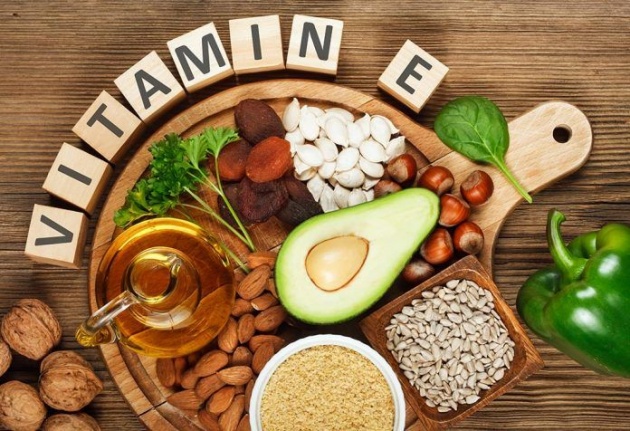
Image Credit: http://parenting.firstcry.com/
Vitamin E is yet another vital antioxidant for the eyes as it helps protect fatty acids from harmful oxidation. This is important because the retina is highly concentrated in fatty acids. Vitamin E deficiency may cause retinal degeneration and even blindness.
On its own, vitamin E may help protect you against the development of cataracts. But when combined with other carotenoids (vitamin A, lutein, and zeaxanthin) and vitamin C, it may help lower your risk of macular degeneration.
The richest source of vitamin E is said to be wheat germ oil, but you can also get it from avocados, vegetable oils, and nuts like almonds, hazelnuts, and pistachios.
◎ Vitamin D ◎
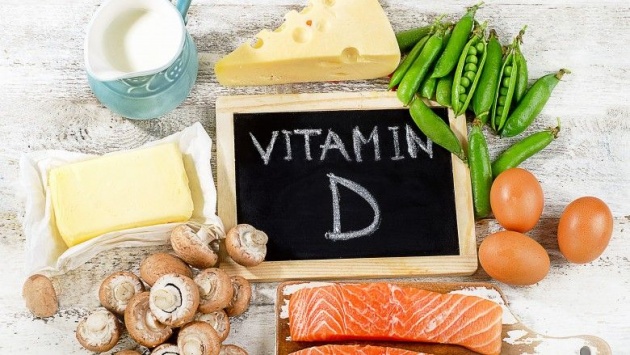
Image Credit: https://www.rxvitamins.com/
Another essential vitamin needed by the body is vitamin D. It does not only benefit the bones, immune system, heart, and mental health, but also our eyes. It may even help reduce the risk of macular degeneration. The best natural source of vitamin D is, of course, the sun. but that's not the only source of this vitamin. You can also get your much-needed vitamin D from food sources such as beef liver, cheese, fatty fish, egg yolks, mushrooms, and vitamin D fortified foods.
◎ Zinc ◎
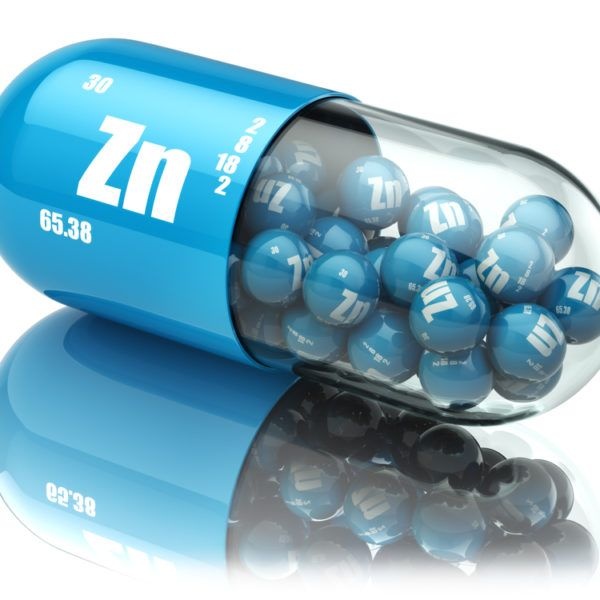
Image credit: https://auroralifescience.com/
Zinc is an essential trace mineral that plays a crucial role in eye health as it helps the body convert the provitamin A derived from plant foods. The retina, specifically the macula, has the highest concentration of zinc in the body which is why zinc is implicated in the macula pigment formation. Deficiency in this important trace mineral may lead to night blindness. The preliminary results of a scientific study even suggest that zinc can help reduce the risk of macular degeneration. Oyster is one of the richest sources of zinc. In fact, just two of this a day can give you enough zinc to last you the day. Other good sources of zinc are eggs, lobster, crab, peanut, and grass-fed beef.
Before you go, let me leave you with this video about how to care for your vision on a daily basis.
Video Credit: Nathan Oxenfeld via Youtube
~~oO0Oo~~oO0Oo~~oO0Oo~~
Thanks for reading! Have a wonderful day ahead of you and keep smiling. :)
Written by Chineyes for bitLanders
For more quality blog posts, you may visit my page
Not yet on bitLanders? Sign up now and be rewarded for sharing ideas, photos, and videos!



